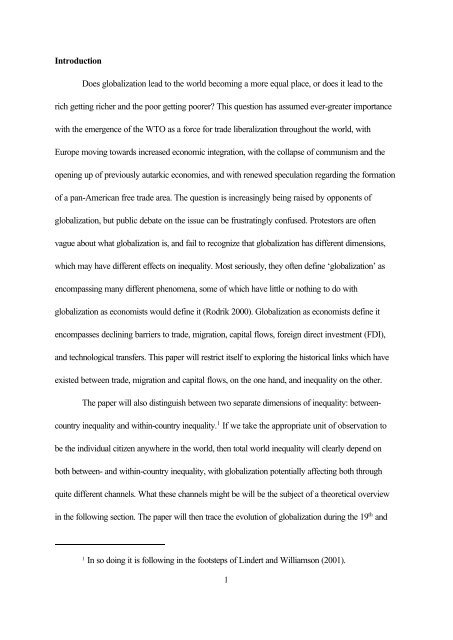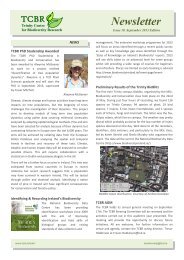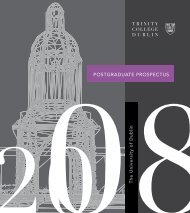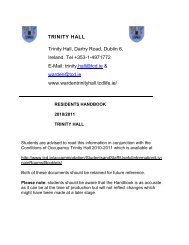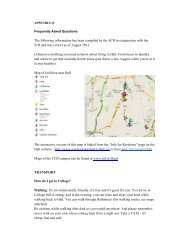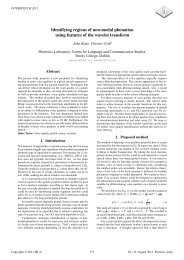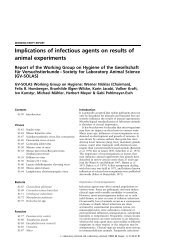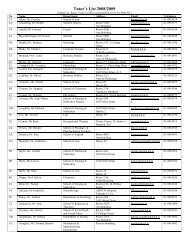Globalization and Inequality - Trinity College Dublin
Globalization and Inequality - Trinity College Dublin
Globalization and Inequality - Trinity College Dublin
Create successful ePaper yourself
Turn your PDF publications into a flip-book with our unique Google optimized e-Paper software.
Introduction<br />
Does globalization lead to the world becoming a more equal place, or does it lead to the<br />
rich getting richer <strong>and</strong> the poor getting poorer? This question has assumed ever-greater importance<br />
with the emergence of the WTO as a force for trade liberalization throughout the world, with<br />
Europe moving towards increased economic integration, with the collapse of communism <strong>and</strong> the<br />
opening up of previously autarkic economies, <strong>and</strong> with renewed speculation regarding the formation<br />
of a pan-American free trade area. The question is increasingly being raised by opponents of<br />
globalization, but public debate on the issue can be frustratingly confused. Protestors are often<br />
vague about what globalization is, <strong>and</strong> fail to recognize that globalization has different dimensions,<br />
which may have different effects on inequality. Most seriously, they often define ‘globalization’ as<br />
encompassing many different phenomena, some of which have little or nothing to do with<br />
globalization as economists would define it (Rodrik 2000). <strong>Globalization</strong> as economists define it<br />
encompasses declining barriers to trade, migration, capital flows, foreign direct investment (FDI),<br />
<strong>and</strong> technological transfers. This paper will restrict itself to exploring the historical links which have<br />
existed between trade, migration <strong>and</strong> capital flows, on the one h<strong>and</strong>, <strong>and</strong> inequality on the other.<br />
The paper will also distinguish between two separate dimensions of inequality: betweencountry<br />
inequality <strong>and</strong> within-country inequality. 1 If we take the appropriate unit of observation to<br />
be the individual citizen anywhere in the world, then total world inequality will clearly depend on<br />
both between- <strong>and</strong> within-country inequality, with globalization potentially affecting both through<br />
quite different channels. What these channels might be will be the subject of a theoretical overview<br />
in the following section. The paper will then trace the evolution of globalization during the 19 th <strong>and</strong><br />
1<br />
In so doing it is following in the footsteps of Lindert <strong>and</strong> Williamson (2001).<br />
1


